In the past four years, former US President Joe Biden used collective might to counter common challenges. To counter Chinese designs in the Indo-Pacific region, he propped Aukus with the United Kingdom and Australia and revitalised Quad with Prime Minister Narendra Modi. To counter Russian aggression in Europe, he put his weight behind the North Atlantic Treaty Organization (Nato) to support Ukraine and aid European allies. But that’s now past.
Unlike Biden, a lifelong internationalist, Trump is a transanctionalist to the core who believes in cutting direct deals and has no issues in leaving allies and partners in the lurch — Ukraine being the case in point that he appears to be serving to Russian leader Vladimir Putin on a platter. This is why Trump is bypassing allies and partners to engage with China and Russia directly.
Following the collapse of the Soviet Union, even as India embraced the West and the United States, it did not put all eggs in one basket. Instead, India pursued a multi-aligned approach to international relations. India’s External Affairs Minister S Jaishankar has advocated what he calls multilateralism multiple times on several international platforms.
Since 2014, Modi has pursued multi-alignment to secure Indian interests. The result is that he is one of the few leaders who is on good terms with both the Russian and US presidents and is in a position to make the most from alignment with the West and engagement with the Global South.
Even as several commentators mock the term ‘strategic autonomy’ and say that it is just a euphemism for ‘non-alignment’ of the Cold War era, that is not the case.
Quick Reads
View AllThough India remains the founding and acting member of the Non-Aligned Movement (NAM), its foreign policy has moved far beyond the non-aligned stand it traditionally took. It is rather in a multi-aligned relationship with the world and engages with all quarters with the objective of securing national interests, says Manish Dabhade, an Associate Professor at the Centre for International Politics, Organisation & Disarmament, at Jawaharlal Nehru University (JNU), Delhi.
Dabhade tells Firstpost, “India made a conscious choice to not join alliances. That gave India strategic autonomy to chart its own path in managing international relations. Today, as a result of such an approach, India engages with G20, SCO, Brics, and all the major powers, including rivals Russia and the United States, to secure national interests. It is also a bridge between the developed and developing world and is working as the leader of the ‘Global South’.”
Over the next four years, PM Modi may need to extract the most out of its multi-aligned approach as he deals with Trump, a leader who does not see much difference between friends and foes.
As Trump retreats, time for Modi to step up
In a sign that he was passing the baton to Modi, Biden in September 2024 indicated that Modi was the next de facto leader of the Quad.
At the Quad Summit that he hosted at his personal home in Wilmington, Delaware, Biden was asked by a reporter if Quad would survive the upcoming election — as Trump’s disdain for multilateralism was well known. With a smile, Biden put his hand on Modi’s shoulder and said, “Way beyond November.”
Now that Biden has retired, Modi is the senior-most leader of Quad in terms the number of years spent in office and, in the absence of an internationalist in Washington DC, he may have to steer the group through what experts anticipate as four difficult years.
#WATCH | Wilmington, US: When asked will the Quad survive beyond the elections in November, US President Joe Biden says, "Way beyond November."
— ANI (@ANI) September 21, 2024
(Source: ANI/DD News) pic.twitter.com/BbOqVpp5XT
Modi has to step up not just to keep the Quad running but nearly every multilateral organisation —the United Nations (UN), G20, Brics, and Shanghai Cooperation Organisation (SCO)— will require his increased focus.
While Quad is critical to keeping Chinese designs in the Indo-Pacific region in check, the engagement with SCO and Brics is critical to prevent these institutions from becoming anti-Western groups. These institutions may be China-led but they cannot be allowed to become China-controlled.
Both China and India engage with developing countries and are part of large groupings with non-Western countries. But their approaches are quite different. While India sees these groups as ’non-Western’ and works as a bridge between the developed and the developing world, China seeks to use these groups as part of its 'anti-West' agenda and wants to turn developing countries into an anti-West bloc. That seems unacceptable to India.
Anushka Saxena, a China researcher at the Takshashila Institution, tells Firstpost that India’s involvement in Brics and SCO is a must.
“In Brics, India’s priorities lie in making sure that principled guidelines are laid out to set benchmarks for membership, in creating space for consensus-building against the possibility of China’s influence-peddling, and in attempting to retain the image and brand value of Brics as a community of developing market economies demanding more voice in global governance,” she says.
“Similarly, in the SCO, India’s role as a disruptor is vital. If China and Russia continue to propagate the idea that these groupings are anti-West, India’s presence becomes necessary to maintain the balance and act as a bridge with the West,” says Saxena.
Trump has threatened to impose tariffs to the tune of 100 per cent on Brics. It is understood that India and its assurances to the United States are the key reasons that Trump has not yet acted against Brics — despite occasional rhetoric from Russia and China projecting Brics as an anti-American group.
India’s multi-alignment is a critical leverage
At the same time, to extract concessions from the United States and the West, India’s engagement with these groups serves as a leverage and each group serves a specific purpose, says Dabhade.
“The SCO is more about security cooperation and Brics is more about economic cooperation. In the post-World War II period, as the world order tilted towards the West, India sought Brics as a medium to reform the world order to be more egalitarian. It therefore serves as a leverage against the West. Moreover, each country in Brics is also an economic gateway to a larger region,” says Dabhade.
While Dabhade admits that the closeness between Russia and China is problematic, he says shying away from such institutions is not a solution. Instead, he says, India should engage more and more with such institutions to minimise the negatives and maximise the positives.
Saxena, the China researcher at Takshashila, further says that even though SCO’s counter-terror programme, the Regional Anti-Terrorist Structure (RATS), has been of no use to India for its security concerns, India’s presence there has enabled it a voice at the table that counters the dominance China and Russia, which is critical for a country that wishes to build a major power status regionally and globally.
Moreover, there are signs that India is making micro partnerships within these groups. The case in point is India-Russia engagement within Brics and SCO.
Dabhade says that even though China has emerged as Russia’s principal ally, Russia does not like being subservient to China. He adds that Russia has promoted India in these groupings to counter China that also works in India’s favour.
As Trump shuffles friends and foes, India may be more vigilant than before
To Trump, it does not matter whether you are a friend or a foe. It does not matter whether you are a part of a larger scheme of things. What matters to him is how well you treat him and his constituents.
The case in point is how Trump has dealt with China and Russia.
Even though Russia has been waging a shadow war against the United States and the West for years, Trump has continued to fawn over Putin. Even though it is known that TikTok is a tool to turn Americans into supporters of China, Trump has saved the app from a ban as the app gave his election campaign a boost — a quid pro quo of a different kind.
Similarly, it would not matter to Trump that India is a bulwark against China. Instead, the trade deficit would matter to him. While the previous Biden administration worked with India to counter China, Trump is seeking independent deals with China and keeping India and others out of the loop.
In the Trump administration, it would not be about how the United States can support India against China, but what India can offer to Trump and his constituents. There are signs that India is adapting to the new reality — and Trump is showing his true colours.
Even as Modi is in Washington DC with tariff concessions and offers to purchase defence goods, Trump has said he would announce reciprocal tariffs — the indication is that tariffs would be announced before the meeting with Modi.
Reciprocal tariffs don’t distinguish between countries. This would mean that even as Modi is in Washington DC, Trump may slap India with tariffs — despite years of bonhomie between the two leaders. But then, again, Trump has never had a friend or a foe. Modi of course knows this. He dealt with Trump for four years. Now, he has deal with him again — like the rest of the world.


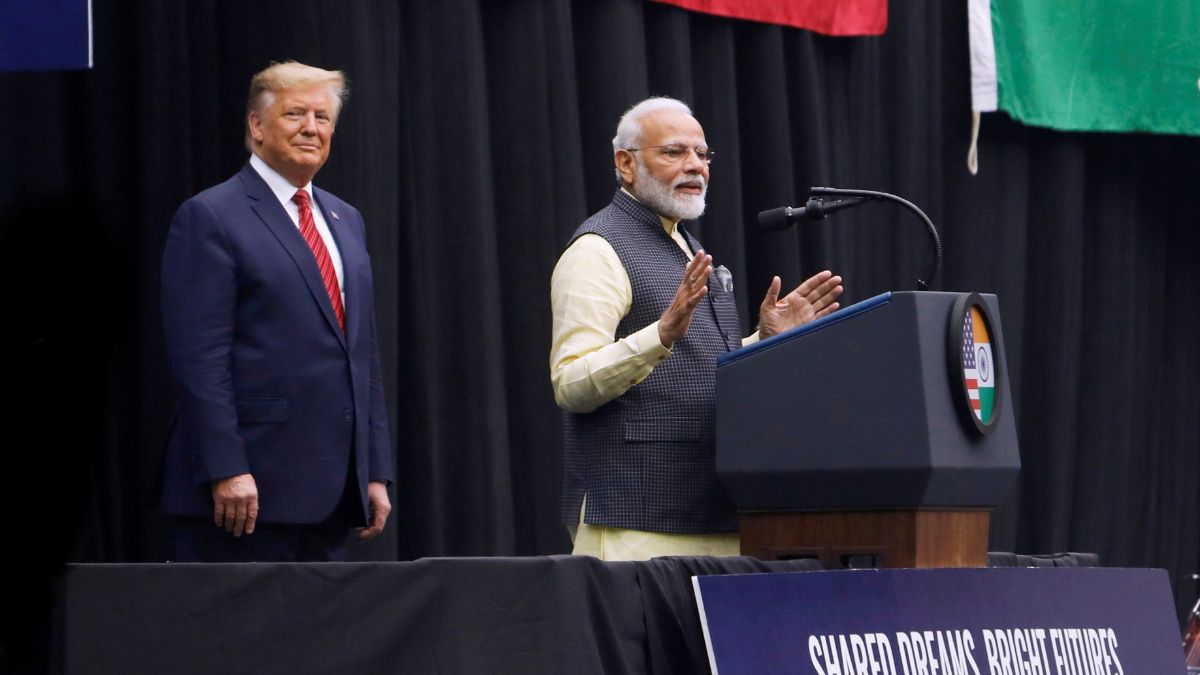)
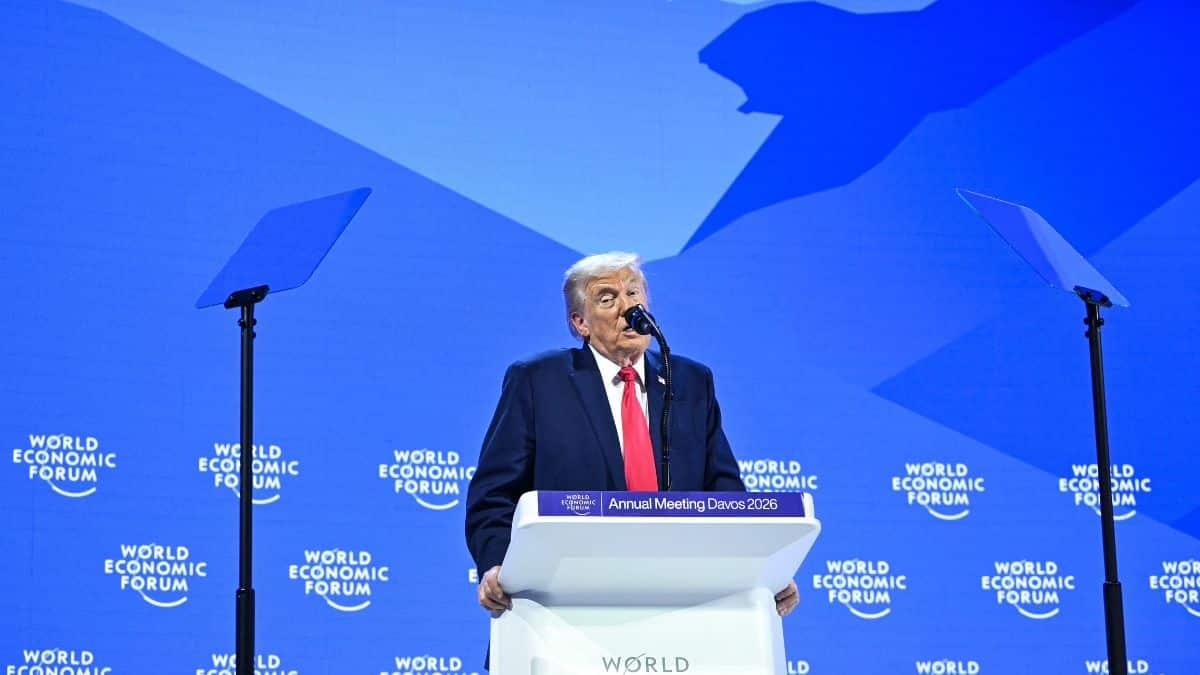
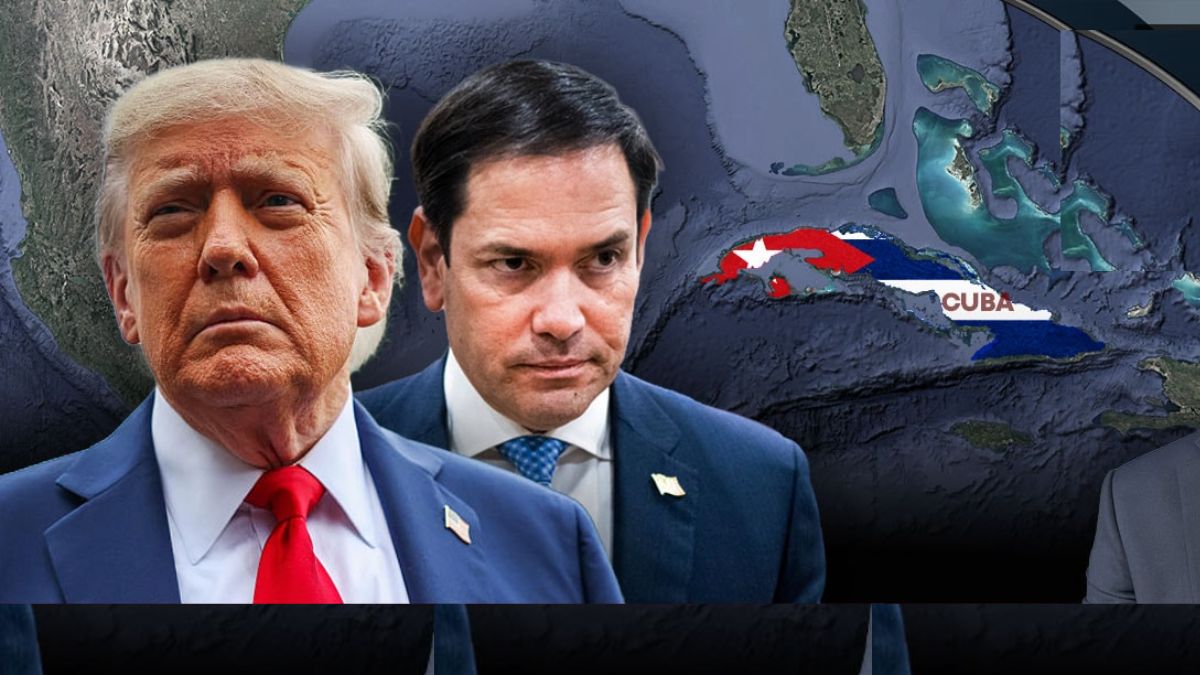)
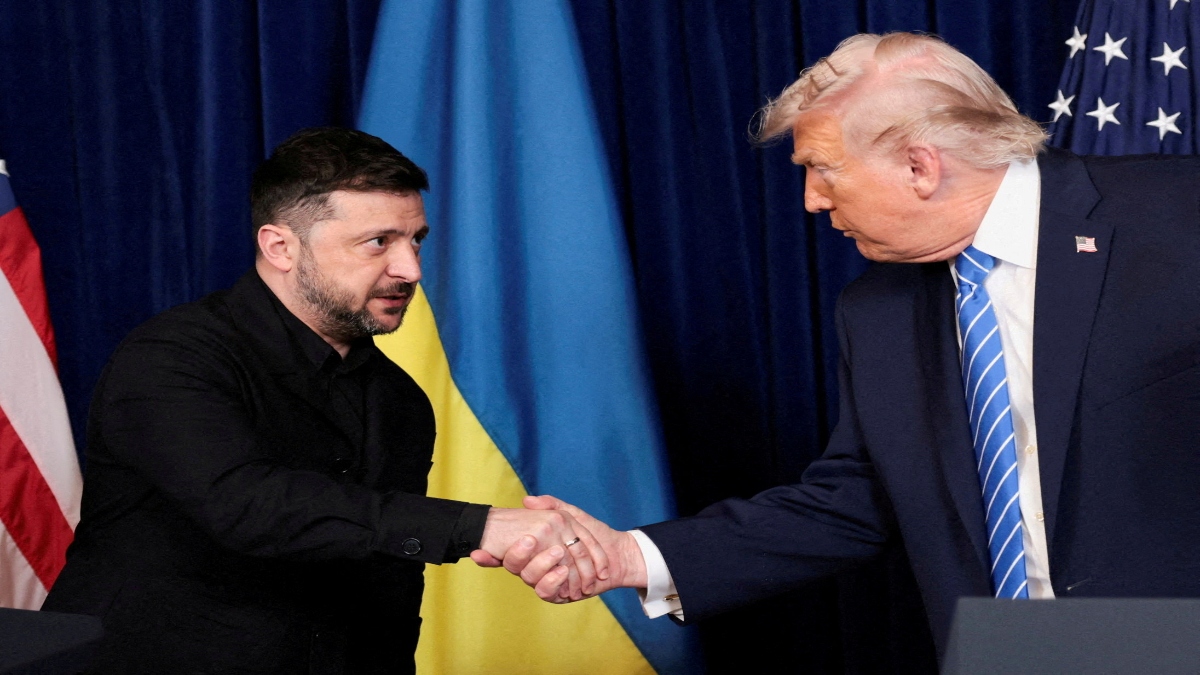)
)
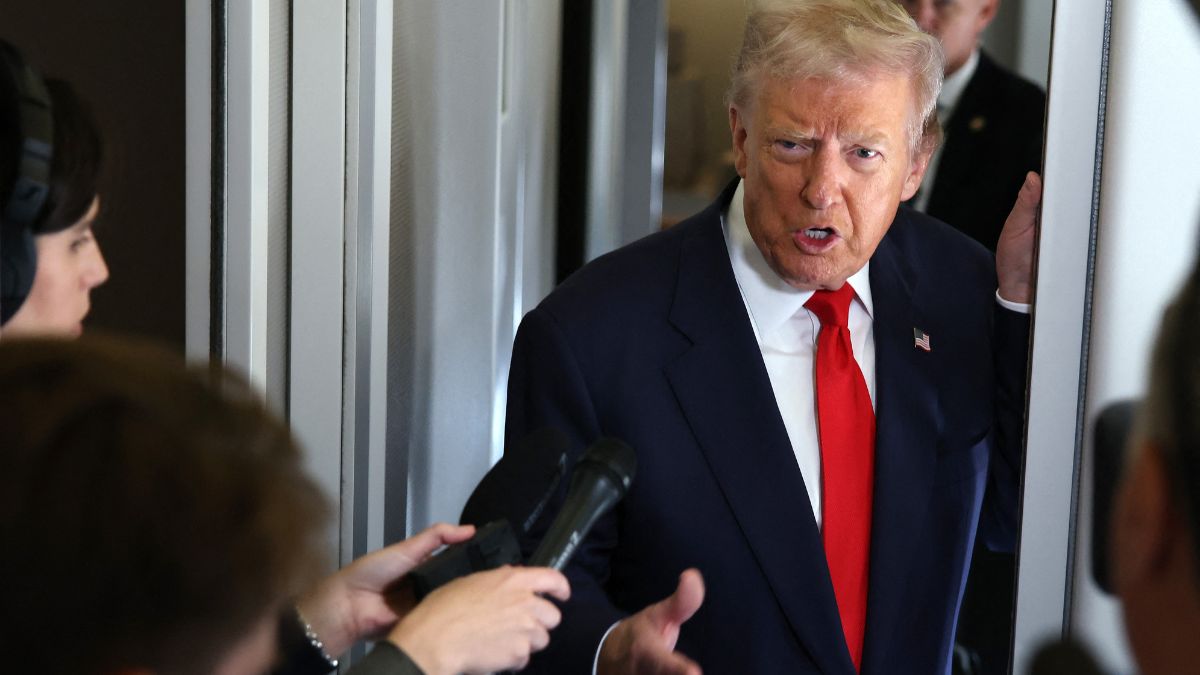)
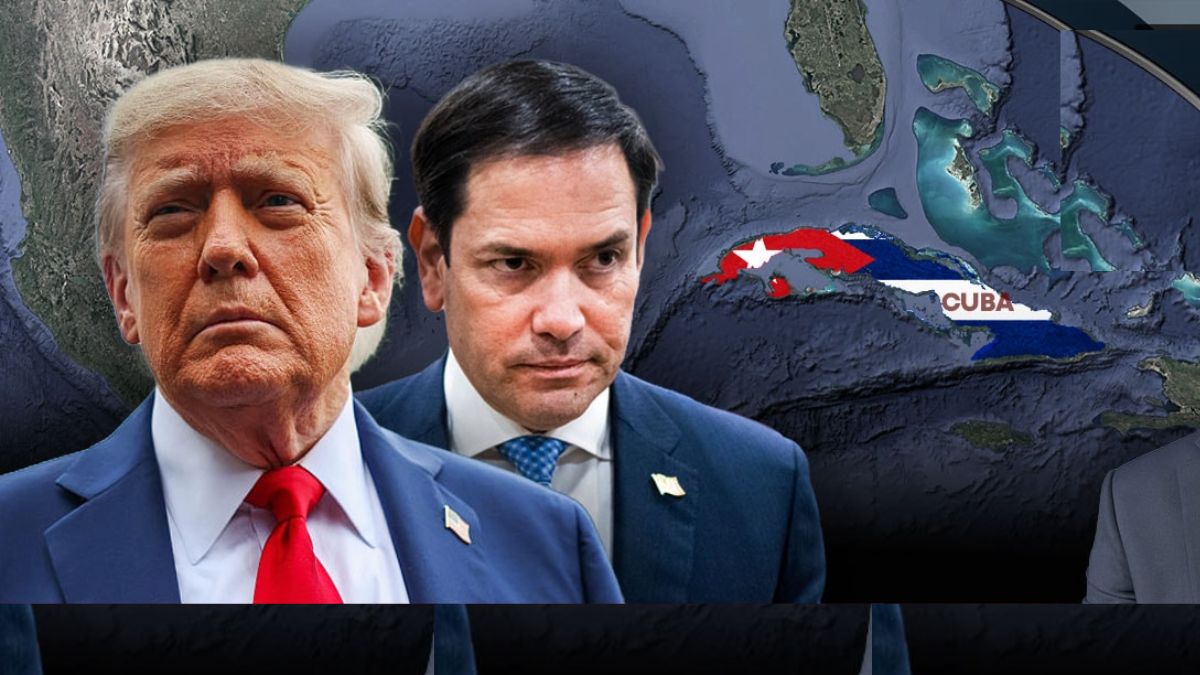)
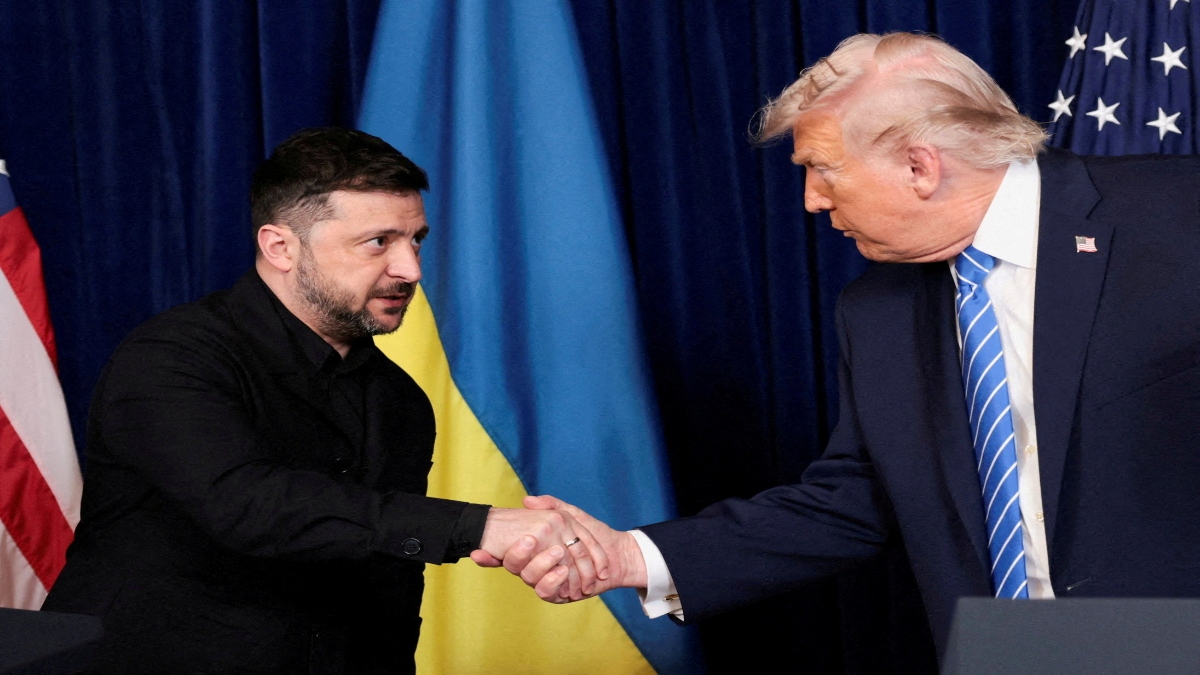)
)
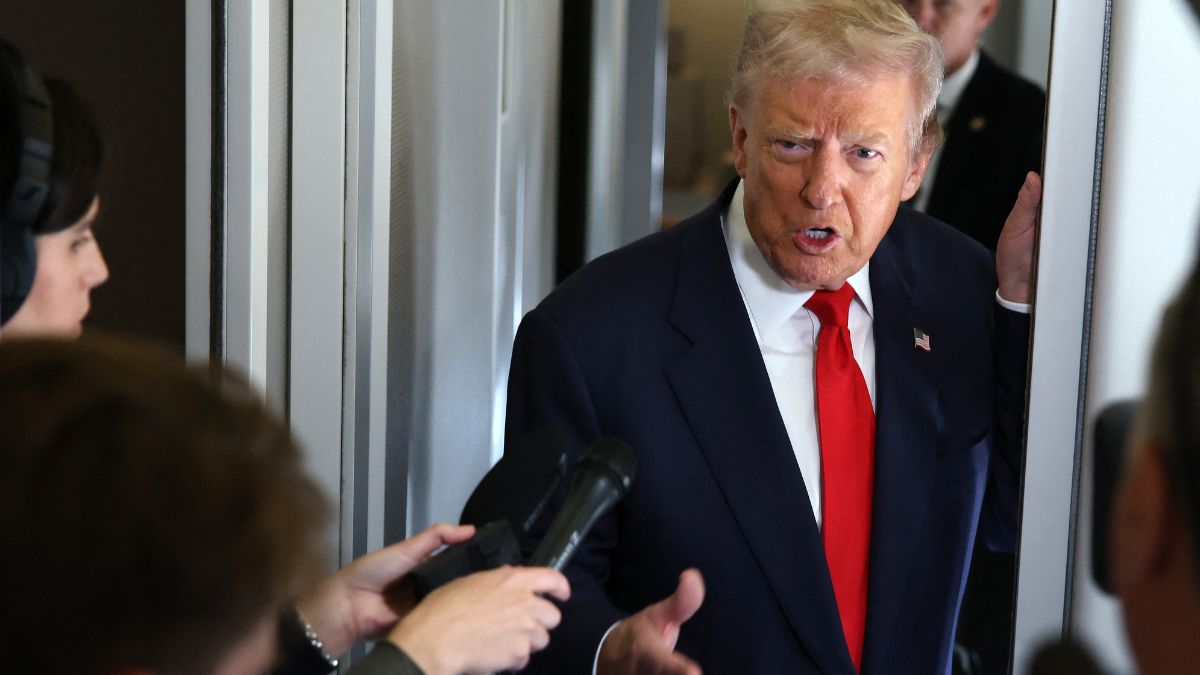)



